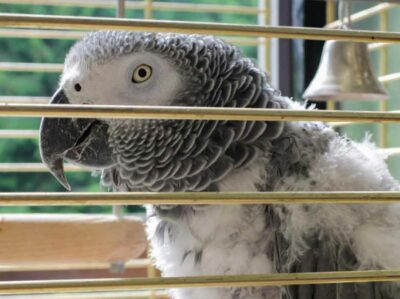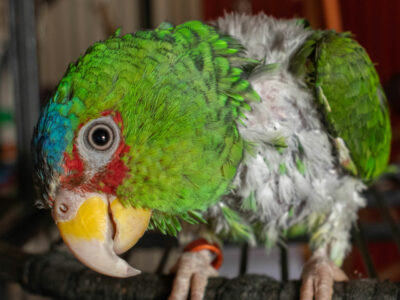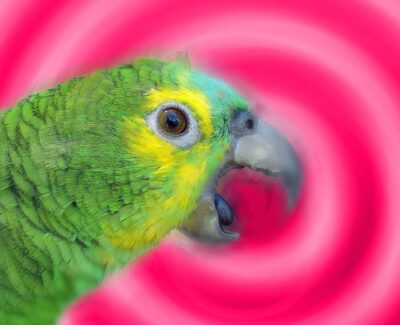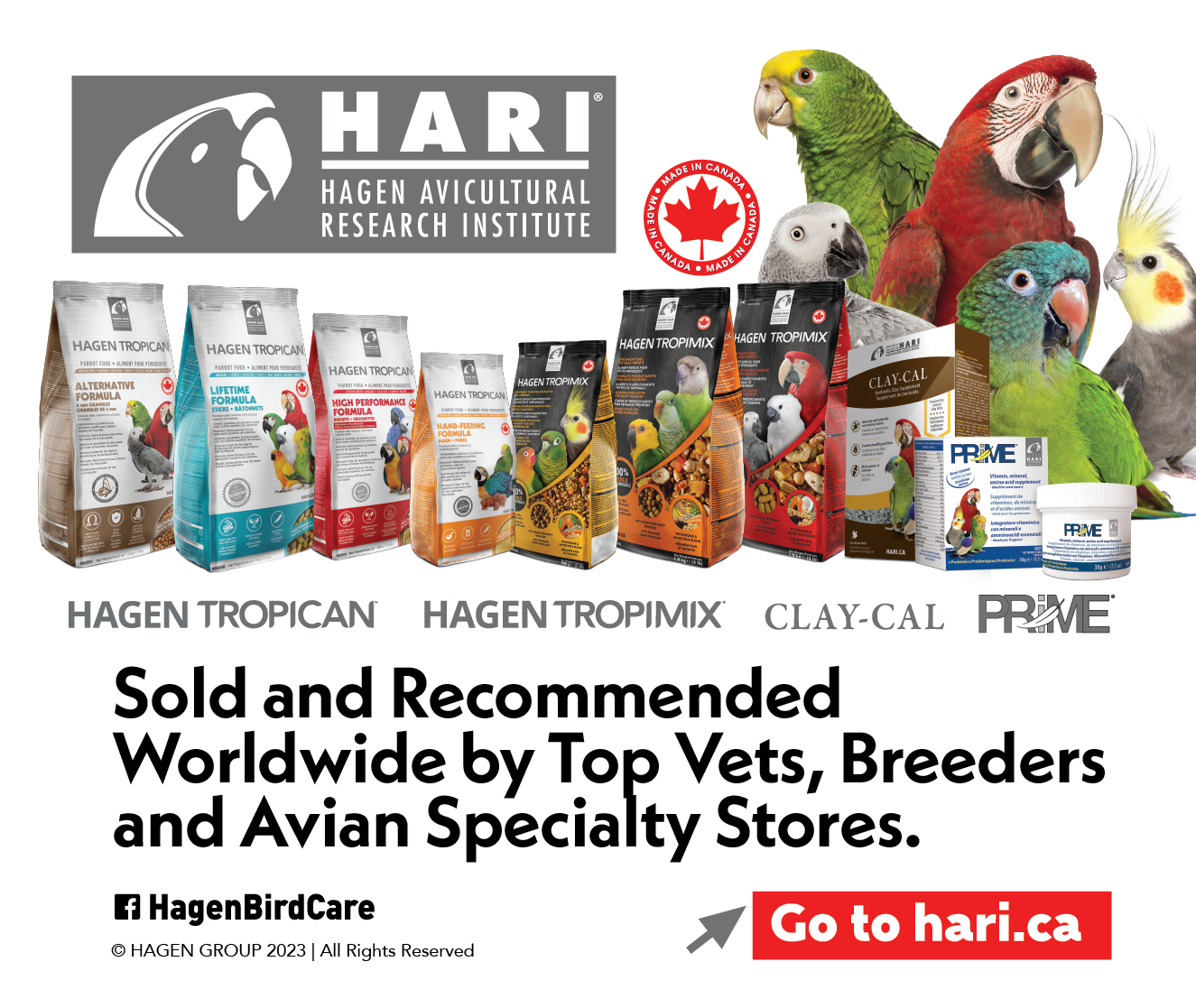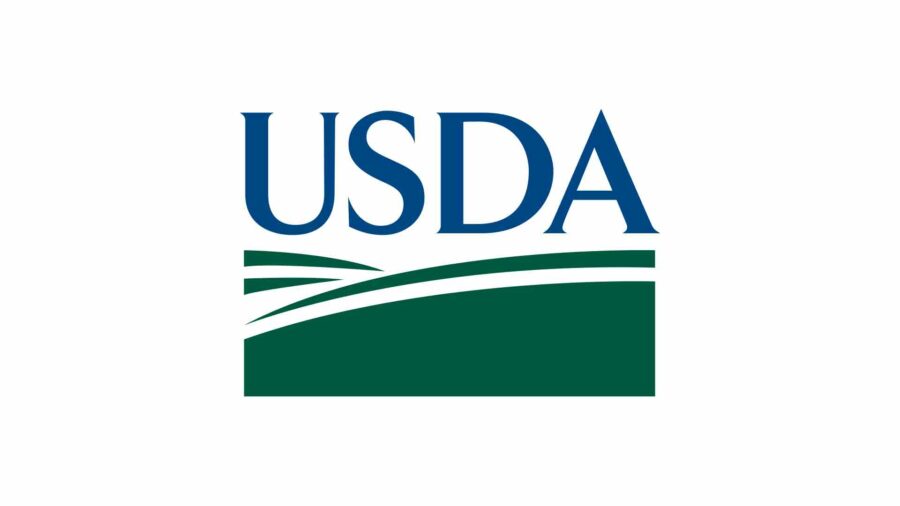
Reminder: New USDA Rule Affecting Pet Birds Now in Effect
Last year, the U.S. Department of Agriculture’s (USDA) Animal and Plant Health Inspection Service (APHIS) issued a new regulation that imposed various requirements on bird breeders, dealers, exhibitioners, and other parties. At MyBird, we would like to remind those involved in the pet bird industry that this rule—which was created as a way to ensure that all birds subject to the Animal Welfare Act (AWA) are raised and cared for in conditions that protect their health and well-being—is now in effect, with new AWA licensees and registrants required to be in compliance as of February 21, 2024. Read on to learn more about what the new USDA/APHIS regulations require.
Who is covered by the new regulations?
There are many individuals and entities within the pet bird industry who do not need to worry about complying with the new USDA/APHIS regulations because they are either not covered by the AWA or they fall under an exception. However, the AWA does apply to the following:
- Dealers and breeders of covered animals, including birds
- Research facilities
- Exhibitors
- Operators of auction sales
- Carriers/intermediate handlers
Individuals and entities that fall into these categories had to comply with the new regulations by August 21, 2023 if they already had a USDA license or registration, or February 21, 2024 if they did not have one previously. Those who are not covered by the above categories, such as bird owners who don’t breed or exhibit their pets for money, are NOT covered by the AWA and therefore, do not need to comply with the new regulations.
In addition, the new USDA/APHIS regulations do not apply in the following circumstances:
- When the bird in question has been bred in captivity for the purposes of research, teaching, testing, or experimentation
- Brick-and-mortar (not online) retail pet stores that do not ship birds
- Farm animals (such as chickens, ducks, or pigeons) intended to be used as food or for their feathers or leather
- Falconry and exhibitions of birds with the sole purpose of promoting the art of falconry
- Bird eggs
- State and county fairs, livestock shows, bird fancier shows, and other exhibitions intended to advance agricultural arts and sciences
- Transportation of a migratory bird covered by the Migratory Bird Treaty Act from the wild to a facility for rehabilitation and eventual release into the wild, or between rehabilitation facilities, if authorization has been obtained from the U.S. Fish and Wildlife Service
The regulations also include certain de minimis exceptions, including one for entities that sell 200 or fewer pet birds weighing 250 grams or less (for example, parakeets, cockatiels, finches, and lovebirds) each year, and/or sell eight or fewer pet birds of more than 250 grams (e.g., macaws, cockatoos, and African gray parrots) annually.
What do the new regulations require?
The new regulations impose a wide variety of requirements related to bird care, most of which are phrased in general terms, such as “adequate” or “sufficient” conditions rather than enumerating specific standards for particular types of birds. The regulations cover three basic categories:
Housing facilities
including requirements for water and power, food and bedding, and temperature and humidity, with the goal of ensuring the bird’s physical and psychological well-being.
Animal health and husbandry
These standards include general requirements for diet and cleaning of the bird’s environment.
Transportation
These standards cover carriers and intermediate handlers, enclosures used to transport live birds, handling requirements, and dietary, climate, and environmental conditions during transportation.
At MyBird and the Bird Enjoyment & Advantage Koalition (BEAK), promoting responsible pet bird ownership is a key part of our mission. We encourage those who may be affected by the new USDA/APHIS regulations to review the final rule and be sure to join our email list for the latest industry news, bird care tips, and special offers for pet bird owners!
